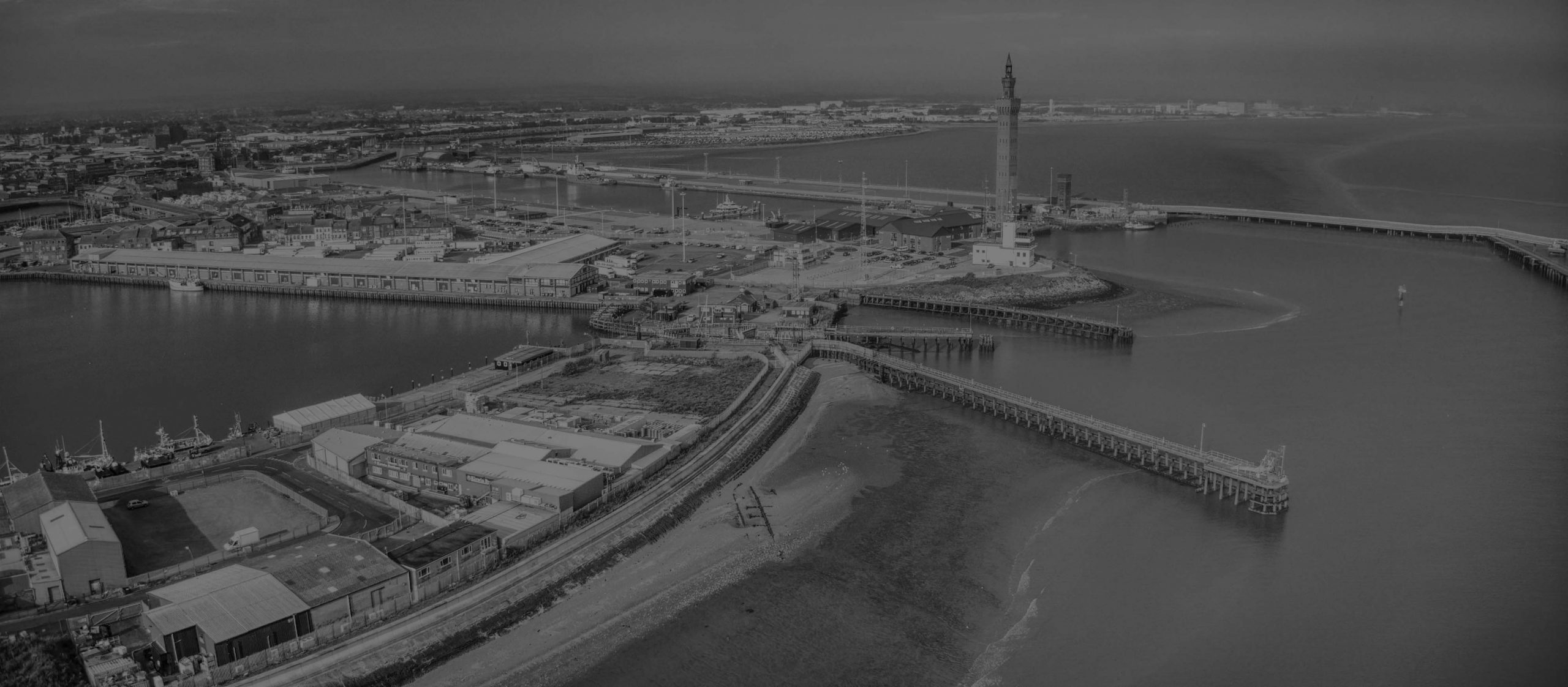
Grimsby’s fishing heritage
The UK has a long and proud fishing heritage, and Grimsby sits at the heart of this history.
Since the invasion of the Danes in the ninth century, Grimsby’s position on the Humber Estuary pre-destined it to grow from a thriving Medieval fishing village and port to become home to the world’s largest fishing fleet.


While the Danish fisherman Grim may have given the town its name along with some legendary tales and folklore, it was the arrival of the railways in the mid-19th century linking Grimsby to the busy fish markets of London that transformed the town into the centre of fishing excellence it was to become.
Over the course of the next 100 years, this sleepy corner of Lincolnshire developed into a sophisticated fishing port serving the UK as well as global markets. The addition of three fish docks as well as a fish market, smokehouses and what was once the largest ice factory in the world meant that by the 20th century Grimsby was both the world’s biggest fishing port and was producing one fifth of all fish consumed in the UK.

By the 1950s, Grimsby was a vibrant fishing hub with a hungry workforce and hundreds of trawlers lining the docks. The bustling and noisy narrow streets of the nearby Kasbah area were home to dozens of smokehouses and warehouses, along with fisherman, tradesmen, dockers, shop keepers, and market stallholders alike. The unique Grimsby fish processing and smoking skills developed by local artisans during this time have been passed down through the generations and still have a stellar reputation today.
For the fishermen away at sea in freezing waters for three weeks at a time, deep sea fishing was a remarkable but dangerous way of life, and it was equally difficult for the families left behind. Great fortunes were made as well as lost when the so-called “three-day millionaire” fishermen returned to port, their profits burning a hole in their pockets as they spent the fruits of their labour in the local bars before returning to sea.

These days, Grimsby is a world leader in innovation and sustainability, enjoying global investment and exporting its fish products around the world. It’s home to one of the most important fish auction markets in Europe with fresh fish arriving daily from local waters as well as from seas further away such as Scotland, Norway and Iceland.
It’s no surprise that Grimsby’s fishing heritage still runs deep in the memories of many local families, and you’ll find evidence of the pride the locals have in their past everywhere: from the regeneration of the Kasbah into a centre for high quality, artisan food, to the fans of the local football club known as the Mariners, and the award-winning Grimsby Fishing Heritage Centre (an Arts Council England Accredited Museum). 70% of the UK’s seafood is still processed in Grimsby and you’ll find Grimsby fish and fish products are enjoyed by Michelin Star restaurants and fish connoisseurs across the UK.

Today, Grimsby is synonymous with sustainably sourced, great quality, fresh fish and Norvik is synonymous with Grimsby!
Norvik have a long history of food production which can be traced back to an old established Grimsby company: ‘Fish Products Grimsby Ltd’. They were the first to manufacture fish cakes in 1948 and we still use the same delicious, traditional recipes today for our Norvik brand range.
